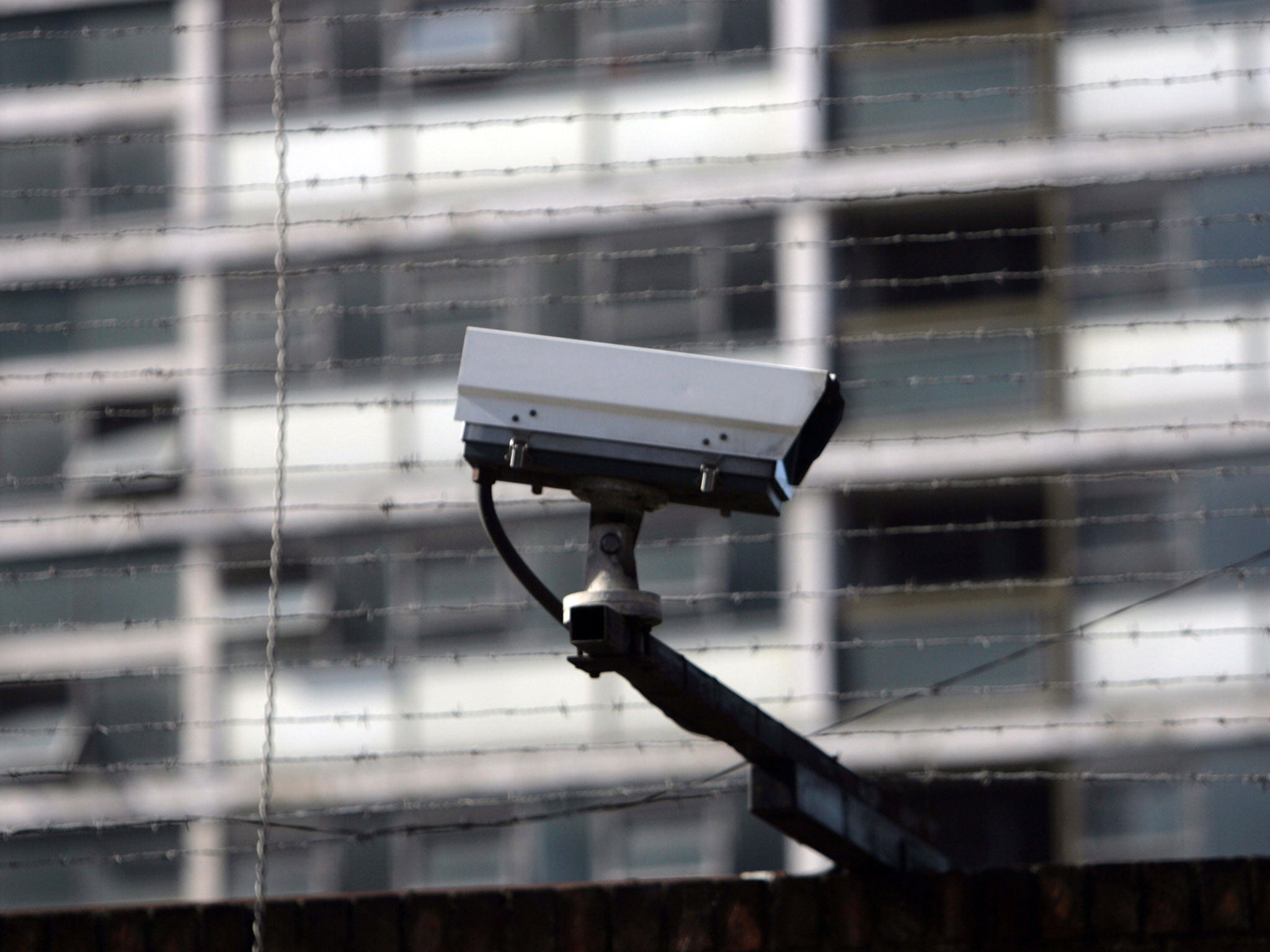The fear of being watched is a powerful thing - just ask the bike thieves in Newcastle
Can placing a picture of eyes next to bike racks really decrease the number of thefts?

Your support helps us to tell the story
From reproductive rights to climate change to Big Tech, The Independent is on the ground when the story is developing. Whether it's investigating the financials of Elon Musk's pro-Trump PAC or producing our latest documentary, 'The A Word', which shines a light on the American women fighting for reproductive rights, we know how important it is to parse out the facts from the messaging.
At such a critical moment in US history, we need reporters on the ground. Your donation allows us to keep sending journalists to speak to both sides of the story.
The Independent is trusted by Americans across the entire political spectrum. And unlike many other quality news outlets, we choose not to lock Americans out of our reporting and analysis with paywalls. We believe quality journalism should be available to everyone, paid for by those who can afford it.
Your support makes all the difference.My mother used to tell me that she had eyes in the back of her head.
This didn’t seem a grisly image to me in the slightest: as a child, all things were plausible, and anyway, I wasn’t taking it literally – the metaphor, as intended, was enough to stop me doing things I wasn’t supposed to. Usually. There were notable exceptions that proved the rule: I still cut my hair off with the forbidden sharp scissors, and once went to the special lengths of climbing on a high bench to test if the pan she said not to touch really was that hot (it was).
So it’s not surprising for me, such a criminal mastermind in my childhood, to read that placing a picture of eyes next to bike racks radically decreases the number of thefts. Researchers at Newcastle University discovered that, over a two-year period, thefts went down by 62 per cent when a poster with angry eyes loomed over the bicycles.
Words (“CYCLE THIEVES WE ARE WATCHING YOU”) hammered the message home, just in case the thief wavered. If you were unlucky enough to chain your bike to a rack without the eyes, you may have experienced the 63 per cent increase in bicycle theft elsewhere. There’s a chance that these posters will be used in other parts of the country, in an effort to stem crime. The lead researcher, Professor Daniel Nettle, told the BBC that they weren’t sure what happened but there’s “growing evidence that images of eyes can have a big impact on behaviour”.
I’m sure that the idea of being watched is nothing new to Kim Jong-un. And the sinister investment of human qualities within inanimate objects worked quite well in wartime Britain, too: the walls had ears, and they had nefarious owners. Act as if you’re being observed, and you’ll be safe. I have a friend who worked at a big PR agency where the culture was such that it was frowned upon not to stay late. People would stay at their desk after hours, doing nothing other than existing to be seen by the boss. My friend would sometimes secretly leave her handbag with the friendly receptionist, so that nobody would notice her subtle exit at the end of the official working day. Appearance was paramount.
What the posters in Newcastle do very cleverly taps into a fear: the fear of being watched. And fear is a strong weapon, because it takes a force within every human being generated by their unique DNA, and turns it against them. (Which is how terrorism works, after all, isn’t it?) The posters aren’t trying to change anybody’s moral compass, they’re just exacerbating the fear of being caught. Ergo, a bike thief doesn’t stop being a thief when they see the picture, but they’ll probably not steal your bike because those eyes creep them out.
It’s a great idea, but the implications might be worth a thought for the non- bike thieves among us: what happens in the long term when only appearance is paramount, and integrity takes second place? The ideal must be to act as generously and peaceably when we aren’t being watched as when we know we are. And if you ever figure out how to do that, let me know.
Twitter: @claredwyerh
Join our commenting forum
Join thought-provoking conversations, follow other Independent readers and see their replies
Comments